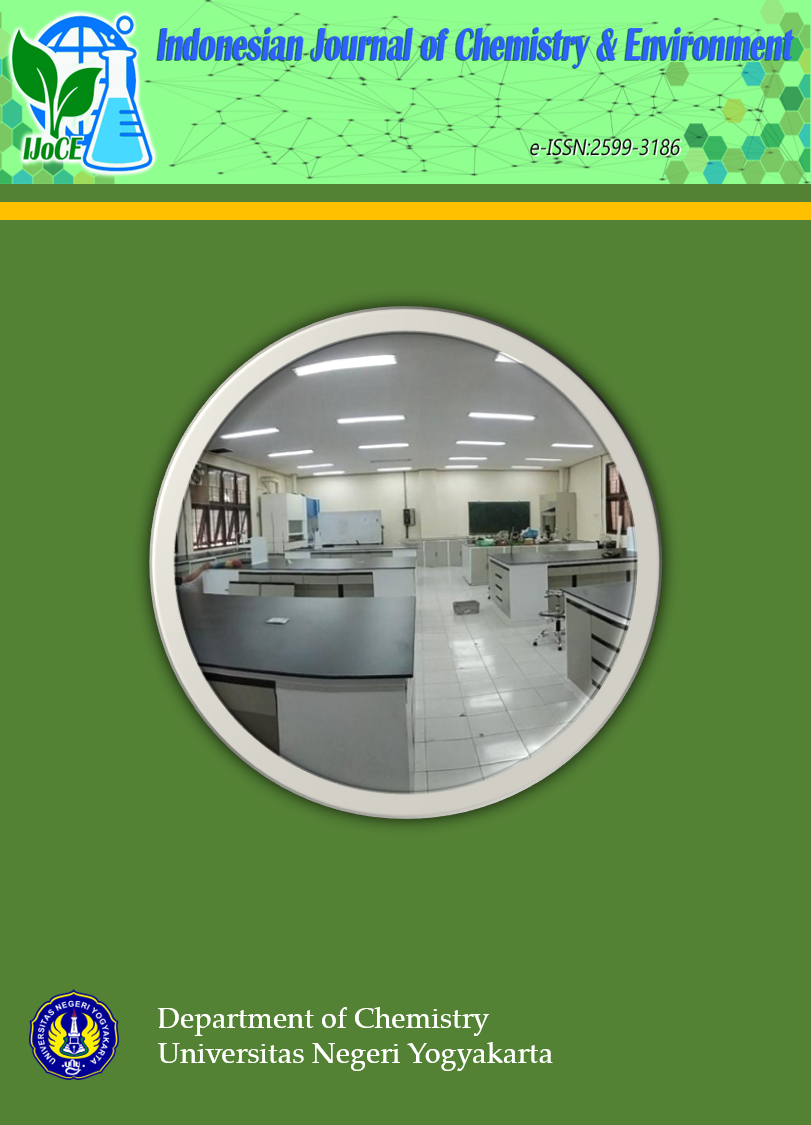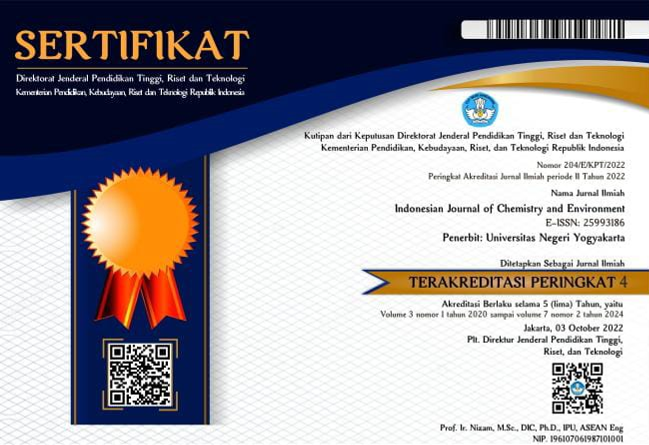Antifungal Activity Test of The Aqueous and Ethanolic Extracts of Strawberry Leaves Against Absidia corymbifera
DOI:
https://doi.org/10.21831/ijoce.v8i1.89514Abstract
Absidia corymbifera is an opportunistic fungal pathogen that can cause serious infections, particularly in immunocompromised individuals. However, studies on natural antifungal agents effective against this species remain limited. This study investigates the antifungal activity of strawberry (Fragaria spp.) leaf extracts as a potential natural treatment against A. corymbifera. Aqueous and ethanol extracts were prepared using cold extraction methods—blending and maceration, respectively. Strawberry leaf extract was subjected to a qualitative phytochemical screening test and a quantitative total phenolic content test using the Folin-Ciocalteu method, then an antifungal activity test was carried out using the diffusion method. Phytochemical screening revealed the presence of tannins, flavonoids, and alkaloids in the aqueous extract, while the ethanol extract contained tannins, flavonoids, and steroids. The total phenolic content of ethanol extract of strawberry leaves is greater than that of strawberry leaf aqueous extract. Aqueous and ethanol extracts of strawberry leaves showed fungistatic antifungal inhibition against A. corymbifera with a larger inhibitory zone diameter in strawberry leaf ethanol extract. These findings suggest that strawberry leaf extracts, particularly ethanol-based, hold promise as a natural antifungal agent for controlling infections caused by A. corymbifera.
Additional Files
Published
How to Cite
Issue
Section
Citation Check
License
Copyright (c) 2025 Salindri Trijayanti, Sri Handayani

This work is licensed under a Creative Commons Attribution-ShareAlike 4.0 International License.
Authors who publish with this journal agree to the following terms:
- Authors retain copyright under a Creative Commons Attribution–ShareAlike License (CC BY SA) that allows others to share: copy, and redistribute the material in any medium or format, Adapt: remix, transform, and build upon the material, for any purpose, even commercially.
- Authors are able to enter into separate, additional contractual arrangements for the non-exclusive distribution of the journal's published version of the work (e.g., post it to an institutional repository or publish it in a book), with an acknowledgement of its initial publication in this journal.
- Authors are permitted and encouraged to post their work online (e.g., in institutional repositories or on their website) prior to and during the submission process, as it can lead to productive exchanges, as well as earlier and greater citation of published work.










